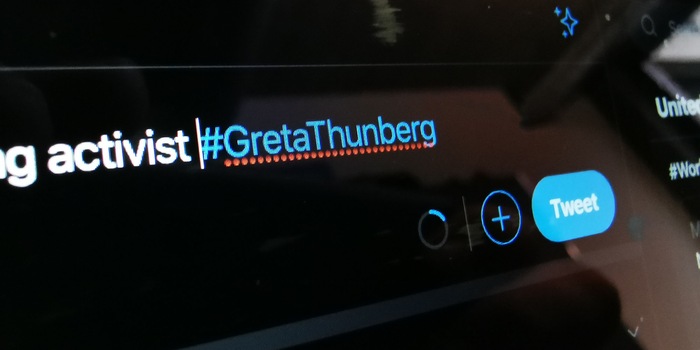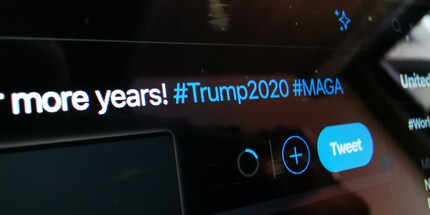
Twitter blocks political advertising: accusations of censorship versus freedom of speech
Twitter CEO Jack Dorsey has announced that the social network will ban paid political advertising from 22 November. The regulation is causing discussion on the topic of freedom of speech.
Today, Jack Dorsey, co-founder of the social network Twitter, announced that Twitter will no longer allow paid political advertising from 21 November 2019.
The statement has caused an uproar and raised calls for government regulation of the social network.
The crux of freedom of speech
In his statement, Jack Dorsey writes that Twitter, like all social media, is a platform with extreme reach and extreme power. He is also aware that social media is consumed quickly and often without reflection. The 42-year-old CEO of Twitter is therefore concerned about deep fakes, fake news and other things that can be actively used as disinformation.

A political message earns its reach by people choosing to retweet it or follow an account. By paying for reach, this decision is removed, forcing highly optimised and targeted political messaging on people. We believe that this decision should not be influenced by money.
This is Dorsey addressing an often misunderstood aspect of free speech. Often those who insist on free speech are convinced that with the right to free speech comes the right to an audience. This is not the case. Freedom of speech, as the USA defined it in its constitution in 1791, only guarantees the right to free expression, not to be heard or believed.
Furthermore, he is aware of the gaps in his system and the insignificance of Twitter in the larger sense of the internet.
We recognise that we are only a small part of a much larger political advertising network. Some may argue that our actions today embolden the current incumbents in their position. But we have seen many social movements grow to massive size without political advertising. I have faith that this will continue and grow.
Implemented from the end of November
The final rules on whether and how political advertising is handled on Twitter are to be published on 15 November. It is to be implemented one week later.

Critics of the announced regulation accuse Twitter of violating freedom of speech. Others have already found a loophole that allows political advertising via a diversion: If a website publishes a post that is politically-advertising motivated, then posts it on Twitter and pushes it with money, this has the same effect, but is said not to be restrictable with the USA's freedom of speech and freedom of the press. The debate about political advertising, its influence and effect, is not yet over. But the panellists, both pro and con, are walking on thin ice. The First Ammendment only mentions that Congress must not restrict freedom of speech or the press. The document does not mention social media.
In conclusion, however, Jack Dorsey wants to have established one thing:
One final note: This is not about freedom of speech. It's about reach that was paid for.
Journalist. Author. Hacker. A storyteller searching for boundaries, secrets and taboos – putting the world to paper. Not because I can but because I can’t not.
From the latest iPhone to the return of 80s fashion. The editorial team will help you make sense of it all.
Show all